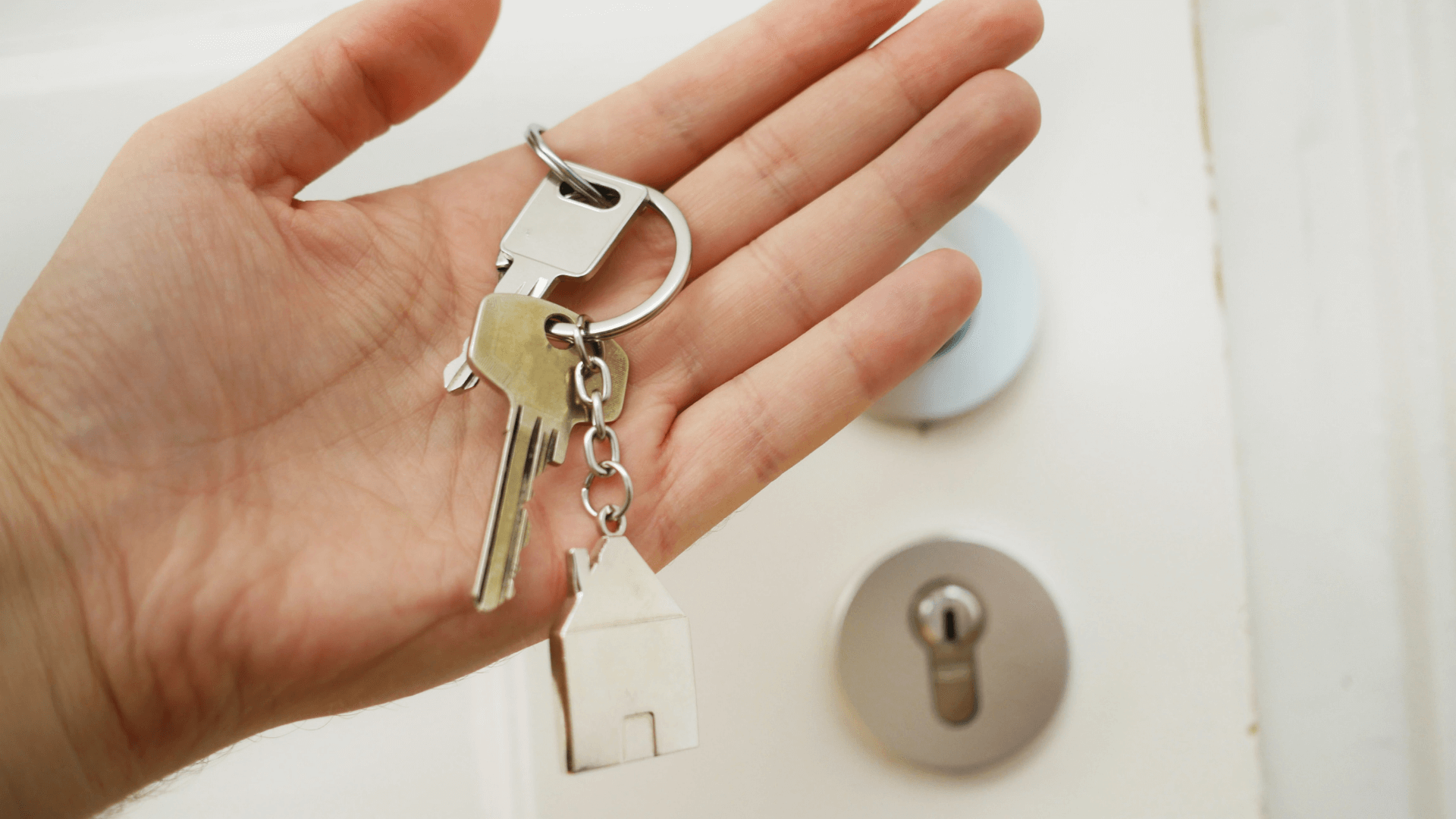The Spanish real estate market
COVID-19 has been a hard blow to the economy of most countries in the world. The hardest-hit sectors were the commercial sector, tourism, and the real estate market. However, the real estate sector in Spain was gaining confidence and investment during 2021. It has now accumulated five consecutive quarters of recovery and during last summer it was, together with the British sector, the one that registered the highest growth in Europe.
This upward trend is expected to continue, and there are several factors that indicate that: recovery after a decline in GDP caused by COVID-19, interest at historic lows, and inflation. Experts point to the real estate sector as one of the main leaders in the recovery of Spain’s economy by 2022.
Locations to purchase a property
The average price of housing in Spain in February 2022 stands at 1,824 euros/m2 (Source: el idealista). The price per square meter can vary a lot depending on the area of Spain where the property is located. Therefore, if the purchaser don’t want to invest a lot of money, it is required to move away from the big cities (Madrid and Barcelona are some of the most touristic, populated, and therefore expensive areas). The cheapest cities in Spain to purchase a property are usually located in inland areas; although the metropolitan areas of the big cities also offer good market conditions.
During the last quarter of 2021, 12.6% of all transactions in Spain were carried out by foreigners (18,150), according to the Association of Property Registrars. The province of Barcelona accounted for 9.6% of this percentage: 1,742 homes. Madrid accounted for 4.8%: 871 properties. In Spain in total, British occupied the first position (12.4%), the second position went to Germans (10.9%), and French came in third place (7.8%), with Moroccans (5.7%) and Belgians (5.5%) in fourth and fifth place (Source: el español newspaper).
| Average price in Spain | Average price Madrid | Average price Cataluña | Average price Baleares | Average price Andalucía | Average price Castilla La mancha |
| 1.824 €/m2 | 2.967€/m2 | 2.317€/m2 | 3.353 €/m2 | 1.768€/m2 | 874€/m2 |
Source: https://www.idealista.com/sala-de-prensa/informes-precio-vivienda/
Finding a property
Purchasing a property in Spain through a real estate agency is a simple and safe way to do it, but it is not the only one. One of the main advantages of looking for a property through a real estate agency is the advice and support throughout all the process of buying and selling, although it also usually requires paying some commissions. From the beginning, the most suitable properties will be shown reducing the amount of time and effort put into the process.
Otherwise, there are dedicated websites in real estate sector where individuals are able to sell their properties and contact potential buyers directly. The most popular websites are: Idealista, Fotocasa, Kyero, Habitaclia, Pisos.com, among others. Finally, other options are to acquire a property through property developers, or through banks, in which case the advantage would be the access and the better conditions to the mortgage loan.
Requirements to purchase a house as a foreigner
Spain does not impose any restrictions on foreigners when purchasing a property or land, regardless if they come from EU or non-EU members states. Any foreigner can purchase a property in Spain. The only requirement to purchase a property in Spain is to apply for a NIE (Número de Identidad de Extranjeros/ foreigner’s identification number), which will serve to identify the buyer when signing the contract and paying the appropriate taxes. It is possible to apply for the NIE at a police station in Spain or at the Spanish embassy in other states, presenting the EX-15 form.
There are different types of NIE, and depending on the situation one of the different following options would be possible:
- A NIE as a non-resident if the buyer is not residing in Spain (i.e., only traveling to the country for purchasing a property) and is not an EU citizen.
- A resident NIE if the purchaser is going to reside in Spain for more than 183 days a year, regardless the nationality.
- And, a temporary NIE if the buyer is an EU citizen but is only going to reside in Spain for the duration of the sale and purchase.
In addition to that, although it is not mandatory, having a bank account in Spain would be beneficial, since it could facilitate all the procedures, making the payments faster and saving the buyer from some commissions.
The process of purchasing a property
Once the property has been selected and the price has been agreed between buyer and seller, a preliminary contract is usually signed called “Contrato de arras” or “earnest money contract”, which is not obligatory. It is a pre-contract between buyer and seller with the purpose of formalizing the transaction between both parties: the buyer shows his clear intention to acquire the property, and the seller to vend the property. The earnest money contract will establish the price of the sale, the form of payment (cash or payment terms), and the earnest money (down payment).
Subsequently, the contract of sale will be elaborated and signed between both parts before a notary. Once signed, the property can be registered in the Land Registry under the new ownership. That is the moment when the diligence of the property is done. The seller is asked for several documents to verify the identity of the real owner, that there is a real agreement of sale, that there are no inheritance or tax problems with the property and that there are no debts related to the property. Once the purchase contract has been signed at the notary, there are some remaining steps that must be followed:
- Registration of the property in the Land Registry identifying the new owner.
- Inscription in the “Cadastre”: The buyer is obliged to communicate to the “Cadastre” the ownership of the property within a maximum period of two months from the moment of the signature.
- Taxes and expenses from the purchase.
In addition, since the law on the prevention of money laundering was passed in 2010, any person who wants to purchase a property in Spain must justify the origin of the money, as well as its traceability. The purpose of this law is to control the laundering of money coming from illegal activities. It must be done before the contract of sale is signed before a notary.
Spain also offers a Golden Visa program for foreign property owners. If a foreign citizen invest more than 500,000€ in Spanish properties, they will have the possibility to obtain a Golden Visa, which are popular outside the E.U. This is a 2-year residence permit (with the possibility of renewal) that allows purchaser to live and work legally in the country. Just visiting the Spanish territory once a year is enough to renew it.
Financing the property
In case the purchaser is considering paying for the property in cash, Law 7/2012 of 29 October limits the amounts that can be paid in cash when making transactions in Spain. For not tax residents the set is at 15,000€. From foreigners, the easy procedure is making an international bank transfer. However, it is necessary to be aware that this type of transfer has a high cost due to the commissions fixed by the bank (currency exchanges).
In the case of applying for a mortgage, in Spain mortgages are contracted for a minimum of 5 years and a maximum of 30, with 75 years as the maximum age to finalize the mortgage. It should also be noted that each entity has its own risk criteria, which may include the country of residence, and foreign properties are not usually accepted as guarantee as they are difficult to reach. Normally, banks can offer up to 80% of the property value, providing the purchaser the remaining 20%. For non-residents in Spain the percentage could reach the 60% of the property value.
Taxes and expenses
The purchase of a property is taxed by several taxes and entails several expenses, which increase the price of the property substantially. In addition to the purchase price, it is also needed to pay.
Taxes
- ITP (Impuesto de Transmisiones Patrimoniales/Property Transfer Tax) if the property is second hand. The exact percentage varies according to the region, taxing between 6% and 10% on the value of the property.
- VAT (Value Added Tax) for new properties. It is 10% (common in all the autonomous communities). But if the buyer is less than 32 years old and the property is the primary residence, the amount is reduced to only 5%. In addition, there is an exception in the case of low-cost housing subsidized by the state, which is also reduced to 4%.
- Tax of Documents Legal transactions (Impuesto de Actos Jurídicos Documentados (AJD), which is between 0.5 and 1.5% (Real Decreto Legislativo 1/1993, de 24 de septiembre).
In addition to these taxes, it must be added the annual taxes such as Real Estate Tax (IBI), Capital gains Tax -if applicable- , Personal Income Tax (IRPF) or, if the purchaser do not live permanently in the Spanish territory, he will have to submit a payment of Non-Resident Income Tax.
Expenses
- Notary
- Valuation of the property
- The fees generated by registering the property at the Land Registry.
- The expenses of the real estate agency, which normally can be a percentage of the sale price or a fixed amount, in case we require their services.
It will be necessary to add in addition the annual expenses such as, community, supplies and insurances. Therefore, it is usual to pay an extra of a 10-12% on the sale price.
At Navas & Cusí, we provide a team of lawyers who are experts in the real estate sector, in order to advise and assist from the first moment, accompanying the client in all the procedure, and being up to date with all the legal and jurisprudential novelties.



